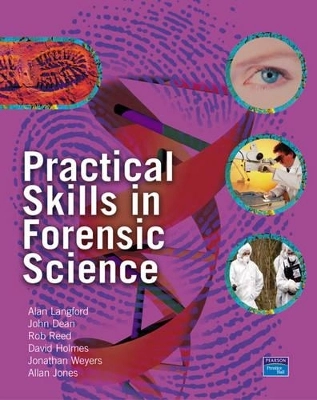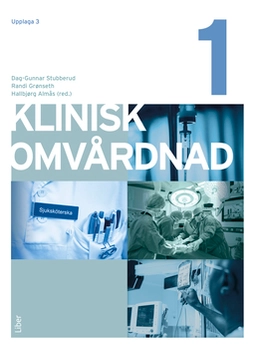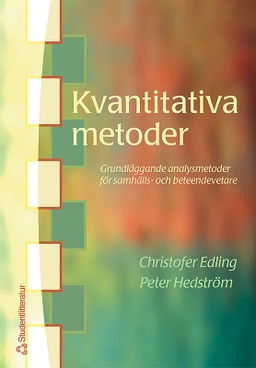This is the 'one-stop' guide you need to help you through all practical aspects of your forensic science course.
Becoming a forensic scientist depends on developing a wide range of practical skills, ranging from those required to observe, measure and record accurately, to those associated with operating up-to-date analytical equipment. You will also need broader skills, for example, in relation to teamwork and study. Practical Skills in Forensic Science provides an easy-to-read guide to help you develop the skills you need to succeed.
This text provides comprehensive coverage of the necessary skills, including aspects of chemistry, biology and physics, as well as relevant aspects of law.
Key features:
Presents information in a concise and user-friendly manner, helping you to master and practice key techniques. Designed as a practical aid to learning, with margin tips and hints, definitions, and worked examples. These help guide you through the content and are engaging to read. Uses 'How to' boxes which set out the essentials in a step-by-step manner, helping you to understand techniques in context. Provides practical advice on specific techniques, including taking fingerprints and DNA analysis, as well as broader skills, such as tackling numerical problems and passing exams. Uses illustrations and tables to help you navigate the information. Provides key sources of further study for every topic, including printed and online material, guiding you on where to go for your research. Includes case examples, guidelines for reporting results and advice on the legal aspects of forensic science, providing you with a grounding in the realities of becoming a forensic scientist. Who is this book for?
Practical Skills in Forensic Science is an indispensable book for undergraduate students taking forensic science degree programmes and for those following related courses such as forensic chemistry. It will also be highly useful to students taking modules in forensic analysis or crime scene investigation as part of a broader programme, or a joint degree course. It represents a valuable resource for postgraduate students working in this area, and lecturers should find it an effective way to supplement information given in practical sessions.
About the authors
Alan Langford is Senior Lecturer and Programme Leader in Forensic Sciences, John Dean is Associate Dean (Research), Rob Reed is Head of Biomedical Sciences and David Holmes is Director of Academic Development in Applied Sciences, all at Northumbria University. Jonathan Weyers is Senior Lecturer and Director, Learning Enhancement Unit and Allan Jones is Senior Lecturer in Biology and Environmental Sciences, Life Sciences Teaching Unit, both at the University of Dundee.
Åtkomstkoder och digitalt tilläggsmaterial garanteras inte med begagnade böcker





















